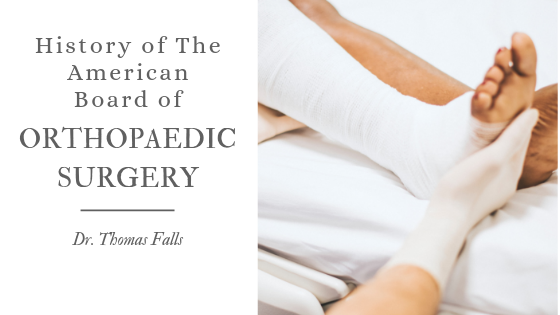For those who may not be aware, the American Board of Orthopedic Surgery (ABOS) is the body responsible for overseeing medical schools and hospitals that train, as well as educate, physicians who desire to become orthopaedic surgeons. Here’s an overview of the history of the American Board of Orthopedic Surgery and its purpose.
The ABOS was established in 1934 and consists of three committees that work together to ensure the standards and protocols of the medical profession, as well as the specialty of orthopaedics are adhered to and honored. The three aforementioned committees that comprise this governing body include a Residency Training Committee, an Examinations Committee, and an Eligibility Committee.
The formation of the ABOS did not happen overnight. Over the course of many years, it evolved from the collaboration of different organizations that represent the medical community and the field of orthopaedics specifically. These precursor organizations included the American Orthopedic Association (AOA), which was the first formally organized group representing orthopaedic surgery established in 1887, and the American Academy of Orthopedic Surgeons (AAOS), which was created in 1933. That same year, the AOA recommended that an orthopaedic specialty board should be established. This body that oversees orthopaedic certification would have members from the AAOS, AOA, and orthopaedic experts from the American Medical Association (AMA). This progression of events resulted in the formation of the ABOS in 1934.
Two years later, the ABOS published the criteria required for certification by their organization. In order to be eligible for inclusion, a candidate must meet the following standards:
- Must be a graduate of a medical school sanctioned by the AMA
- Must be licensed and approved to practice medicine in their state or province of residence
- Must be of stellar professional and ethical standing
- Must be a member of the AMA or other approved organization(s)
- Must have at least three years of concentrated training and education in orthopaedic surgery approved by and acceptable to the ABOS
- Must have continuing education and training in orthopaedic surgery, meet self-assessment requirements, and perpetuate knowledge related to basic medical sciences, along with their focus on orthopaedic surgery.
The history of the American Board of Orthopedic Surgery is a complicated one. Its evolution is the result of physicians coming together and recognizing that their profession requires oversight as well as accountability. Its purpose is to ensure that the standards and protocols of the medical profession, as well as the field of orthopaedics, are abided by and followed.

